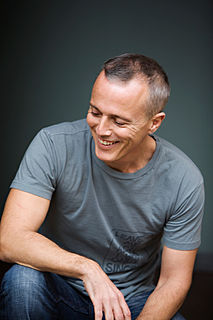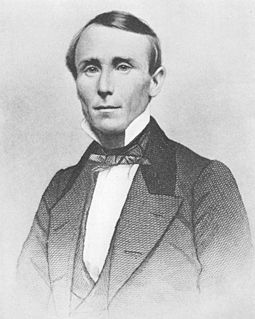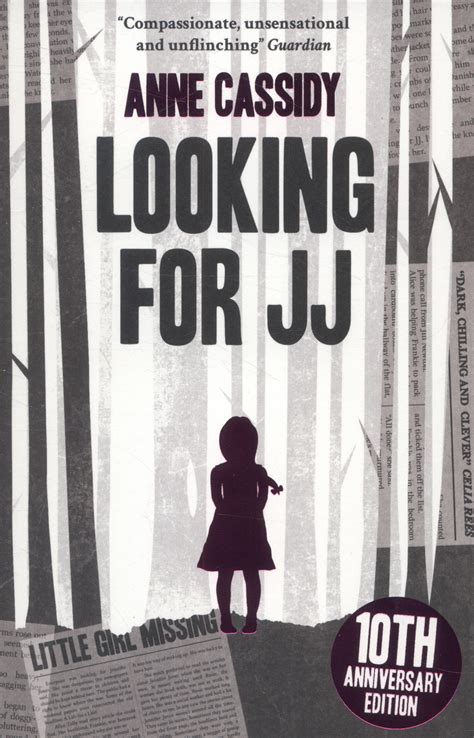A Quote by Curt Smith
Mad World' was easy for me to sing because I could relate to Roland's lyrics. We were both the middle of three sons and had been brought up by single mothers with absent fathers.
Related Quotes
Mothers and fathers act in mostly similar ways toward their young children. Psychologists are still highlighting small differencesrather than the overwhelming similarities in parents' behaviors. I think this is a hangover from the 1950s re-emergence of father as a parent. He has to be special. The best summary of the evidence on mothers and fathers with their babies is that young children of both sexes, in most circumstances, like both parents equally well. Fathers, like mothers, are good parents first and gender representatives second.
I was a very romantic, overly dramatic young lady, which served me well as a songwriter. Especially as someone who had to focus on lyrics and melody, because if you're a dramatic and romantic person, lyrics come easy, and you turn every single short-term relationship into the biggest 'Romeo-and-Juliet' story ever.
Mothers have not always had the most important role in their children's upbringing, when they had other economic roles to play. Inpast centuries, fathers were the key parent in the upbringing of the next generation, because moral training, not emotional sensitivity, was thought to be central to successful child-rearing. Mothers were thought to corrupt their little ones with too much affection and not enough stern training.



































